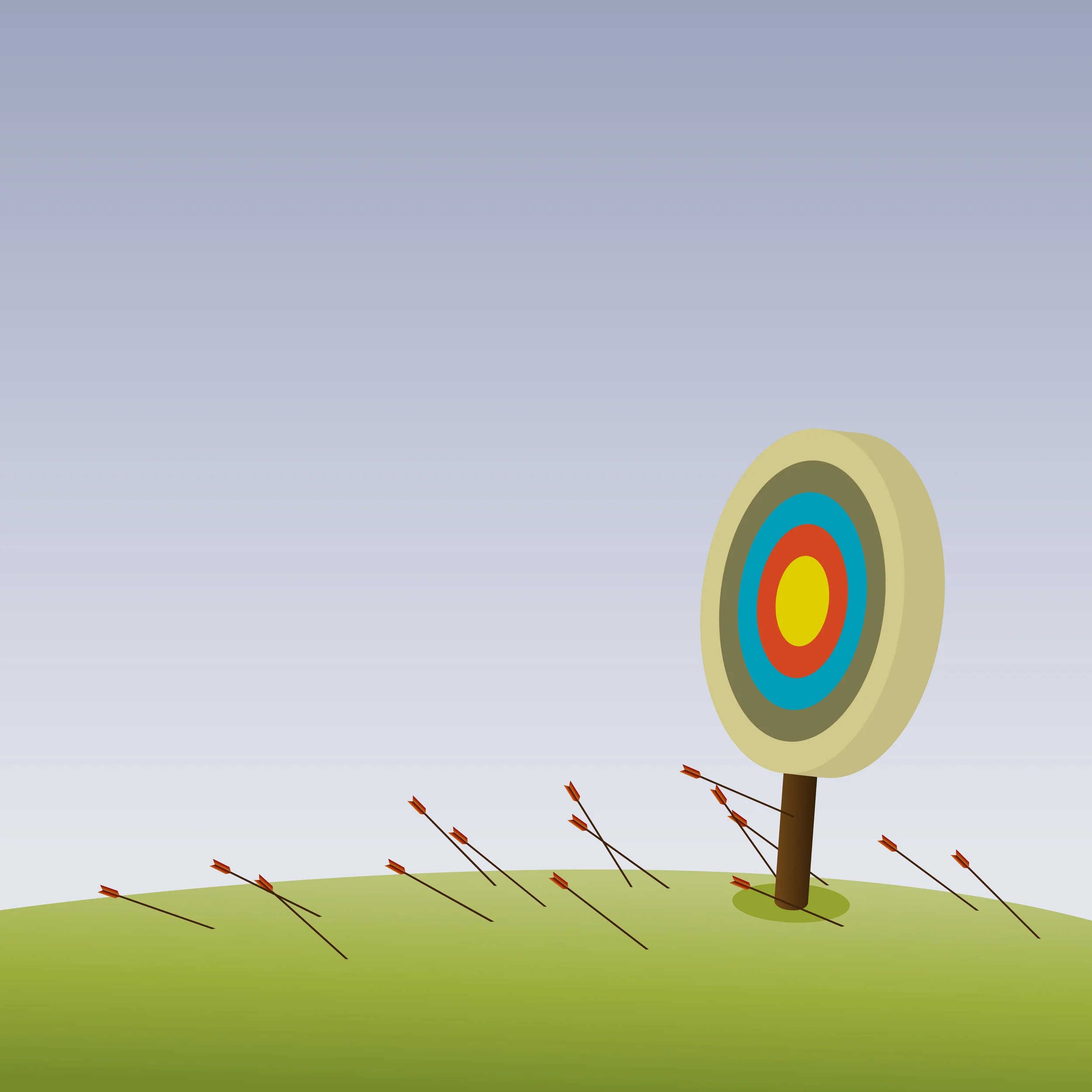Since every agency on the planet is now apparently in the business of “brand storytelling,” perhaps it’s time for agencies to spend some time making their own stories more interesting and compelling. Storytelling has catapulted onto the business stage because we’ve learned that stories are inherently more interesting to people than bullet-point lists of facts that populate so many agency websites …
Viewing entries in
-Positioning Strategy-
Imagine you’ve just received a notice from the IRS that they’re going to audit your most recent tax return. You’ve never been through an audit before, and because you’re in the habit of preparing your own tax returns, you decide it’s time to get some professional help …
When you think about the concept of positioning your firm, what comes to mind? A tag line you can put on your business card? A headline for you the home page of your website? A theme you can give to a new business presentation? While all of these things may become eventual manifestations of your positioning, at its core a positioning strategy is really a business strategy, not just a communications strategy …
The latest iteration of the disintermediation of the agency industry is the unbundling of ideation from execution. Or, in client-speak, “decoupling.” When a marketer hires TBWA/Chiat/Day for creative development and Tag Worldwide for production and distribution, that’s decoupling in action …
Are you “Agency of Record” for most of your clients? Some of your clients? Any of your clients? You might have answered this question differently a few years ago, but today the vast majority of agencies today provide just a few types of service for their clients. They may have a “full service” offering but they don’t have the “full service” clients to match …
Developing a relevant, differentiating positioning strategy is hard enough. But it’s harder still to bring your positioning to life throughout all the various dimensions and business practices of the agency. Here are 25 questions that will help you assess how well you’re doing …
Clearly, a strong positioning is the most differentiating thing an agency can do, but there are countless other missed opportunities to differentiate both in terms of style and substance …
Agencies are indispensable partners in helping marketers differentiate their brand. Differentiation is, after all, the essence of branding. But when it comes to their own brands, most agencies haven’t thought through their own brand touch points to look for opportunities to stand out …
Agencies must think carefully if they want a partnership with their clients. It’s a different business model than the agency industry is used to, but it can be remarkably rewarding and successful for the right kind of client …
If you’re like a lot of business executives, you may be concerned that you haven’t adequately defined your “mission” or “vision.” These often feel like buzzwords, and that offsite planning sessions that seek to define them often end in a bland statements that reflect more compromise than courage …
When you say that your strategy is to be the best, the best-known, the most creative, the most respected, your strategy is not what you say it is. Your strategy is not what you say, but what you do. Your real strategy is not in your planning documents, but in your website, your new business presentations, your social media program, and your training and career development program …
A lot of advertising industry pundits preach the value of agency positioning and differentiation, but not many of them can really define it. Positioning isn’t just about being different. Featuring a laughing hyena on your home page is different, but it hardly qualifies as a positioning …
Would a prospective client travel 1,000 miles to do business with your firm? That’s one of the litmus tests of a strong agency positioning strategy. Unless you’re satisfied attracting local business from the local market (and some agencies are), you should devote some thought to how you can become what I call a “destination agency” …
Do you know the territory, or are you just a tourist? As artist Julian Schnabel wrote, tourists many have significant technical skills, but they don’t really know the territory. They know how to get some things done, but they don’t have deep expertise in a particular area …
It’s no coincidence that the 50 fastest growing brands in America have one important thing in common: they have committed themselves to an ideal that transcends making money. According to studies by former P&G CMO Jim Stengel, there is a definite cause and effect relationship between strong ideals and strong financial performance. What’s true for marketers is true for agencies. Those with the strongest ideals – or principles – also produce the strongest work, have the strongest cultures, and enjoy the strongest reputations …
(CLICK HEADLINE TO READ FULL ARTICLE)
















